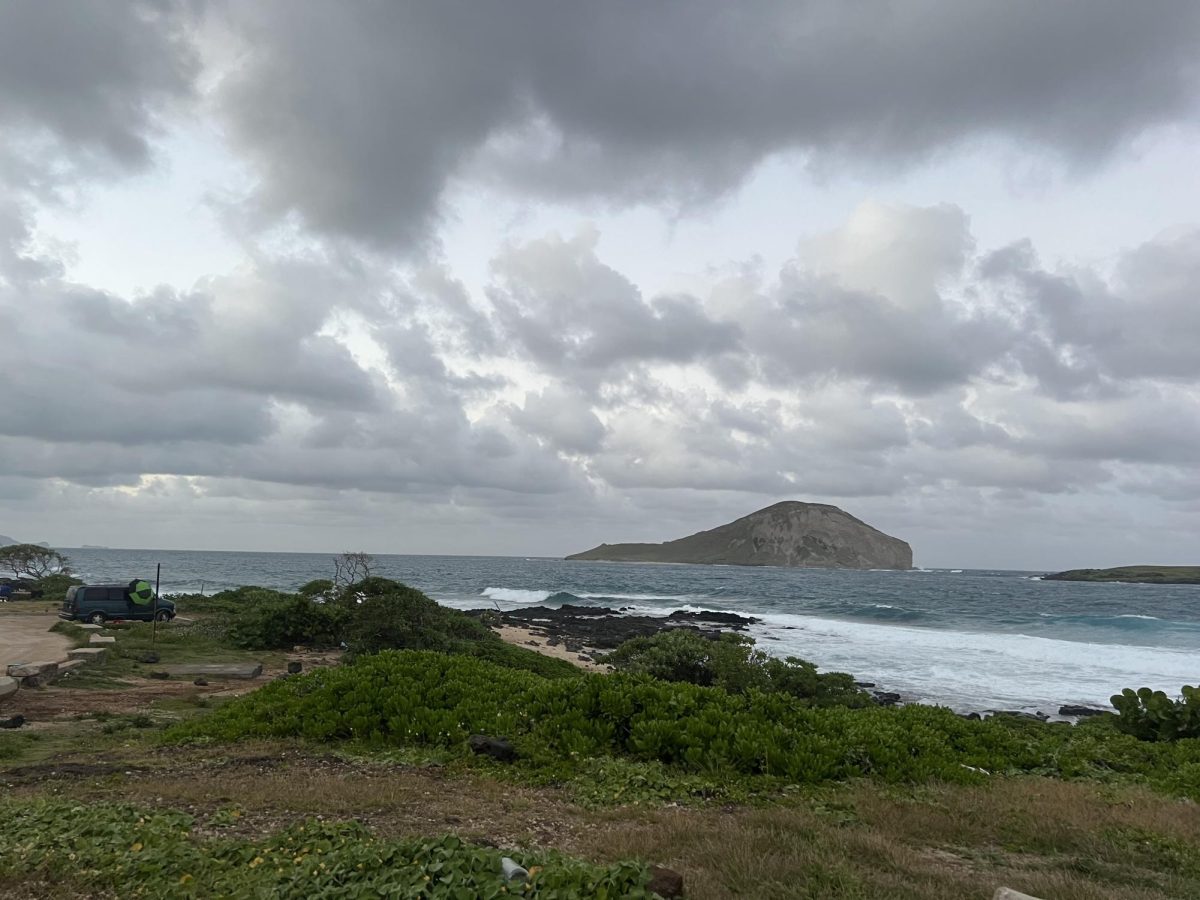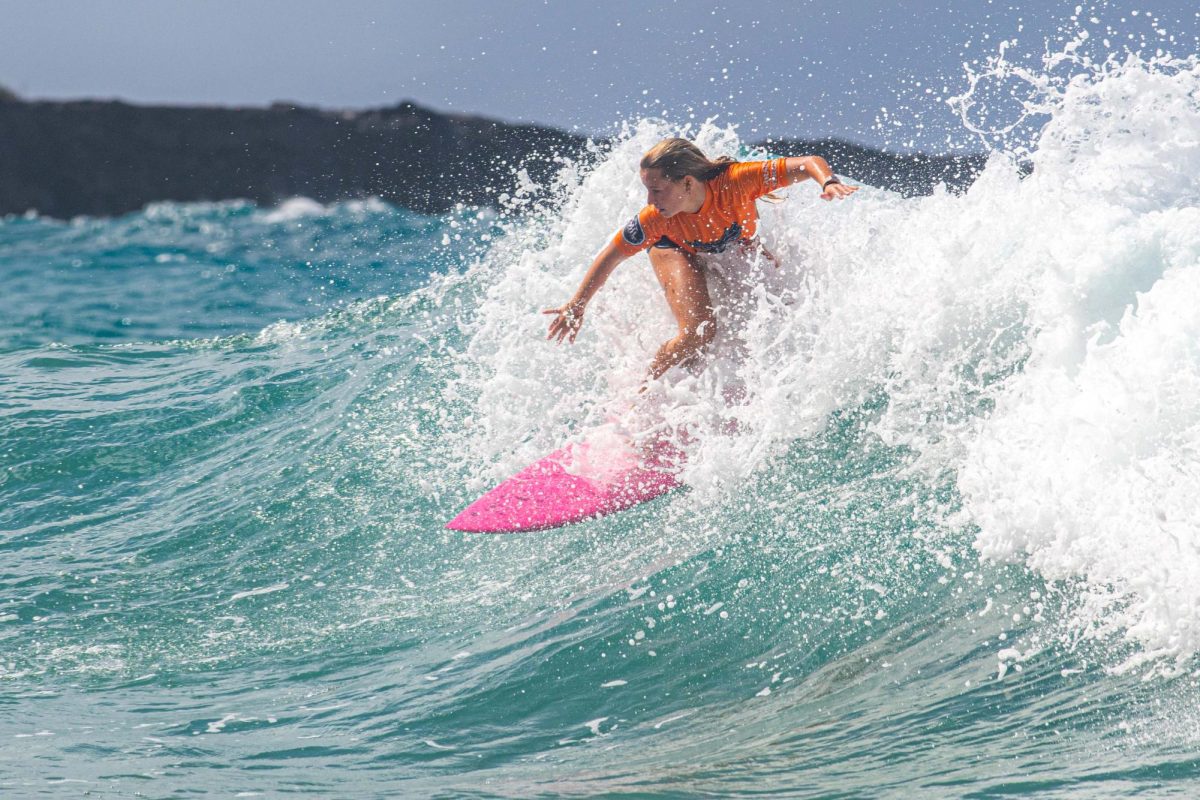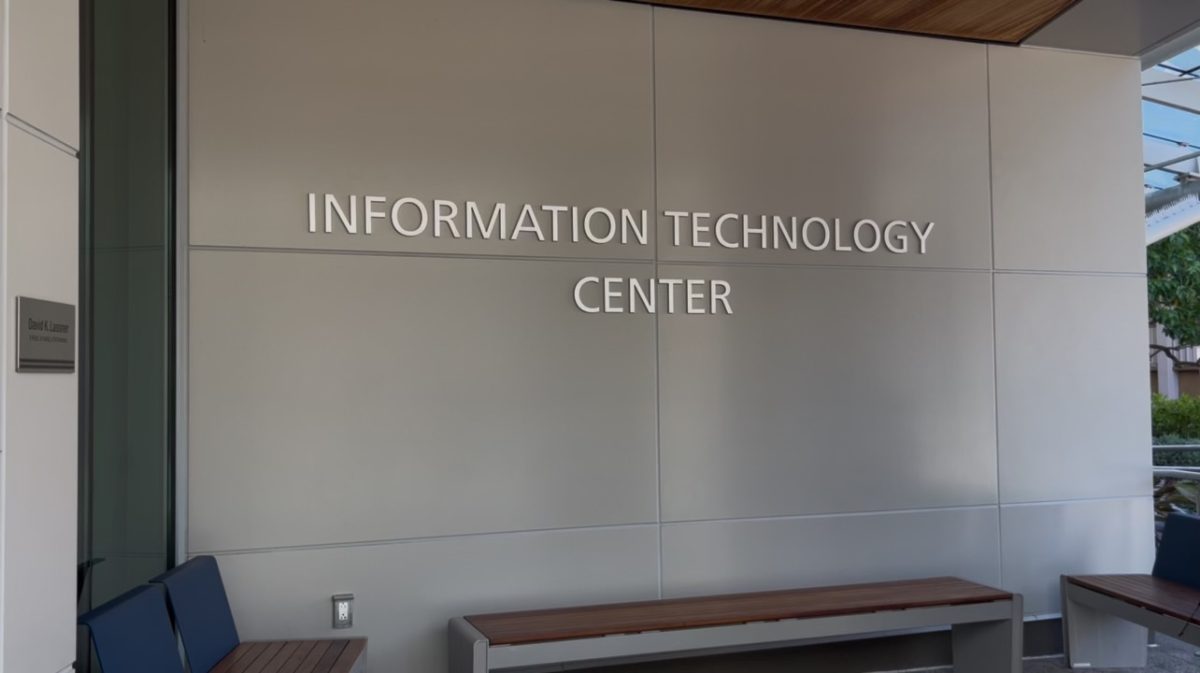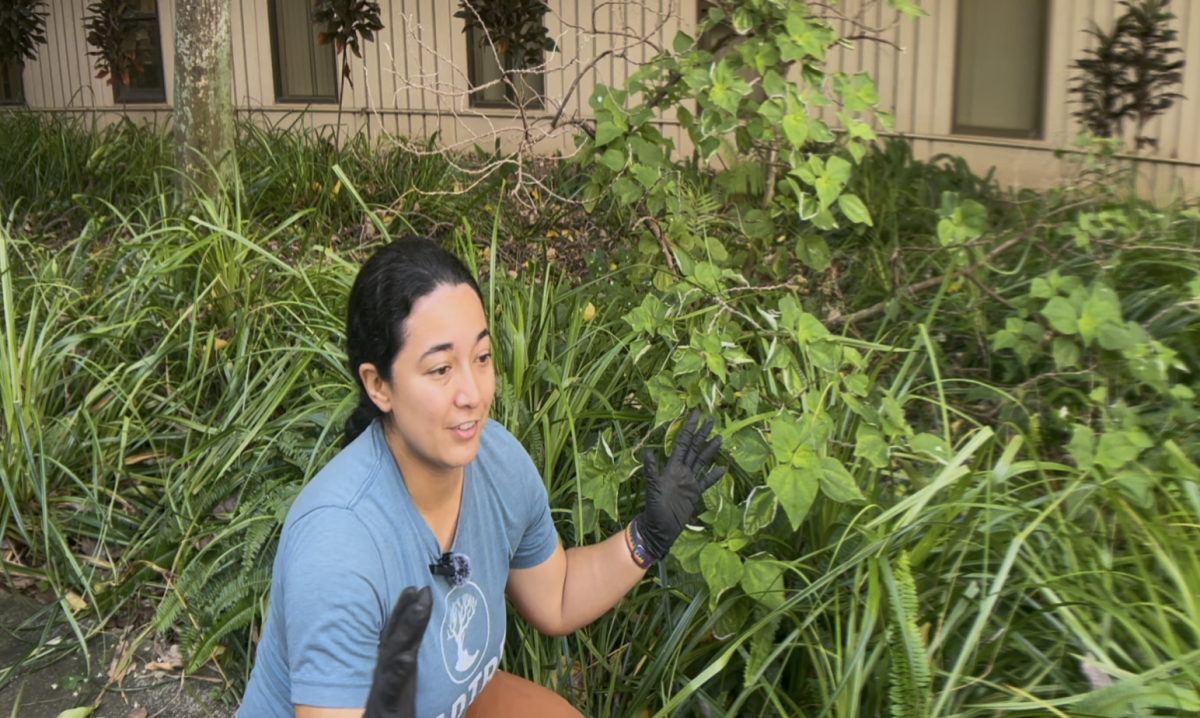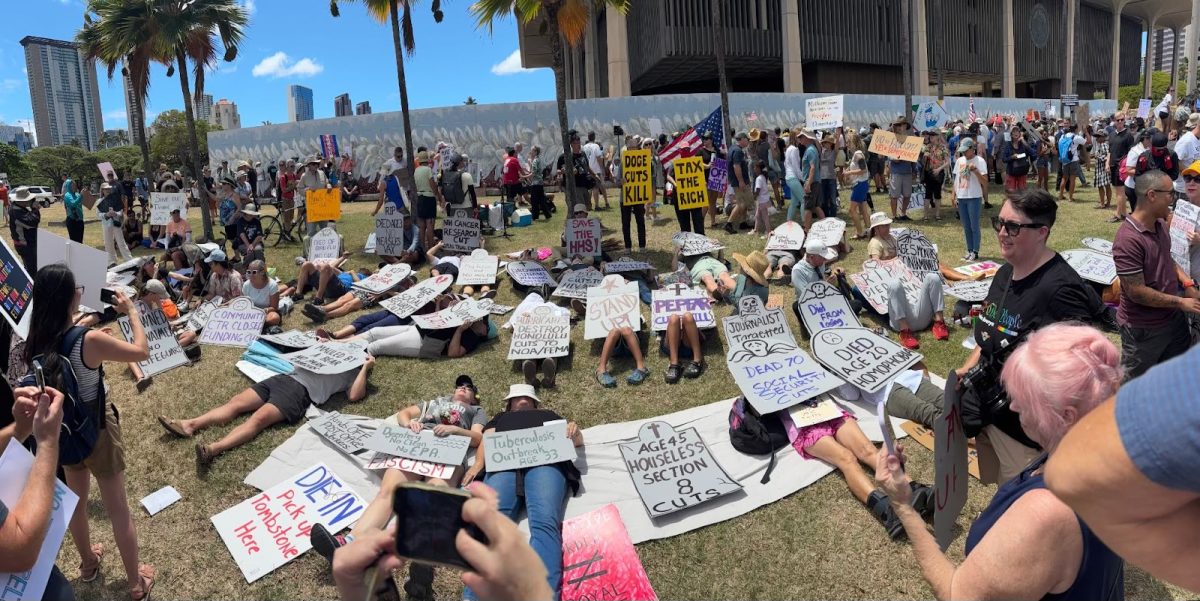Hawaii’s beautiful beaches, towering mountain ranges and rich culture have long attracted tourists to the islands, many hoping to take a little piece of the magic home with them.
But while tourism is embedded in the heart of the Hawaiian islands, local leaders have struggled to determine how visitors can help contribute something meaningful, instead of harmful.
Eco and sustainable tourism could be the answer. Ecotourism is described as a niche segment of tourism that takes place in natural areas, while sustainable tourism refers to sustainable practices in and by the tourism industry. Hawaii is known for its sustainable practices, such as its laws banning plastic bags and coral-harming sunscreens.
The Hawaii Tourism Authority is an autonomous agency established by the state to manage tourism for the benefit of the Hawaiian islands.
“The HTA have completed their first round of the Destination Management Action plan, this is something that is specific to each island and they work with committees on each island with different, diverse voices,” said Lei-Ann Field, U.S. Marketing Contractor for HTA. “We work with them to determine the needs for each specific island, where are areas of opportunity to improve such as encouraging tourists to buy local so we can have more authenticity in the way our culture is portrayed.”
Sustainable tourism practices have also been introduced through initiatives such as STAH, the Sustainable Tourism Association of Hawaii. They protect the natural environment and culture of Hawaii by educating businesses and visitors about responsible travel practices. Many tourism-focused businesses promote eco-friendly practices and use vehicles that are environmentally friendly.
But asking tourists to be eco-conscious during their visit is a different story.
“When talking about sustainable tourism in Hawaii, people say, ‘When you’re visiting Hawaii you should plant a tree or pick up rubbish at the beach.’ None of us would do that, you think any of us would go to Vegas and pick up rubbish on their ugly streets?” said state Senator Glenn Wakai, when asked about sustainable tourism. “We have to be real about what our expectations are. You know what’s wrong with our Malama Kulena campaigns? Nowhere in there does it talk about any sort of enforcement component to the projects.”
Enforcement is key to educating tourists on the importance of ecotourism. Real change needs to be made in order for ecotourism to be taken seriously.


